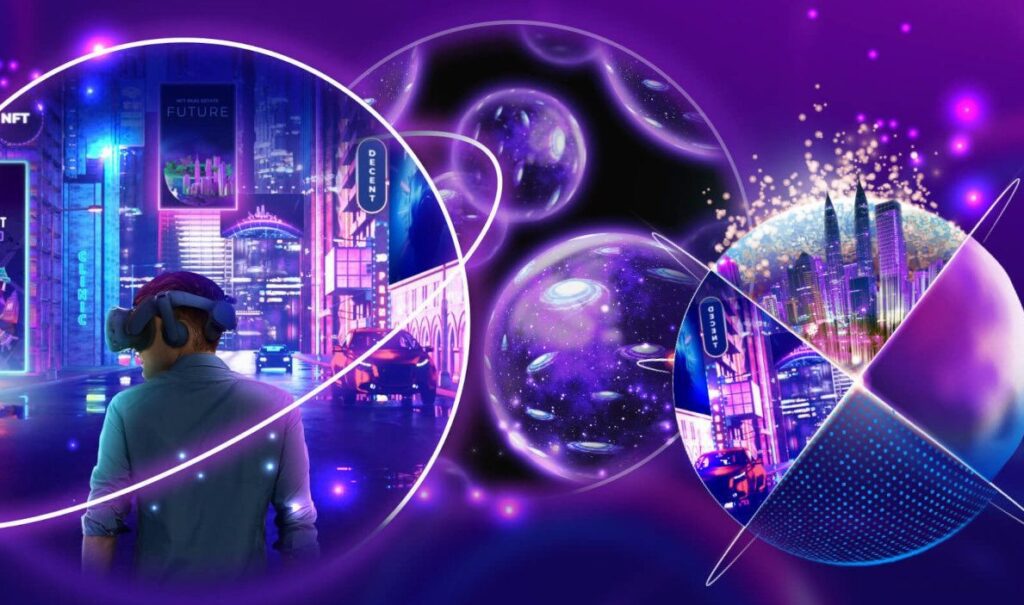The concepts of the metaverse and multiverse, while sounding similar, are significantly different and offer unique approaches to reality. This article aims to explain these differences and the features and benefits of each concept.
The Metaverse: Features and Benefits
The metaverse refers to a virtual world that provides an immersive and interactive experience, allowing a seamless transition between the physical and digital worlds. People can connect, work, play, learn, and shop in the metaverse using devices like VR headsets, computers, smartphones, augmented reality glasses, or video gaming consoles. The metaverse is unique due to its infrastructure, human-computer interface, digital avatars, and decentralization. For more discussions on the metaverse and other related topics, you can visit our news section at WhaleCoinTalk.
The Multiverse: Concept and Perceived Features
The multiverse, a theoretical or fictional concept, proposes that within what we call “earth” or time and space, there are other universes with different experiences. The multiverse raises philosophical and ethical questions that need to be answered. For instance, if multiple versions of ourselves exist in different universes, what does that mean for our identity and free will?
Comparing the Metaverse and Multiverse
The metaverse is a digital space anyone can access today, while the multiverse is a theoretical space. Although we have no empirical evidence that suggests the multiverse exists, no human, so far, has accessed any other plane of reality in the multiverse except our own. The concept of the multiverse has been explored in various forms of media, including the movie Ready Player One.
Whether you’re a fan of virtual and augmented reality or a curious learner or thinker, both the metaverse and multiverse can expand your horizons and challenge your assumptions about reality.
-
NPR: How the metaverse could change the work-from-home shift amid the coronavirus pandemic. Instead of seeing co-workers on a video call grid, employees could join them in a virtual environment.
-
WIRED: New building blocks in place for the metaverse, like the ability to host hundreds of people in a single instance of a server.
-
Wikipedia: A comprehensive overview of the concept, including its depiction in science fiction as a single, universal, and immersive virtual world facilitated by the use of virtual reality (VR) and augmented reality (AR) headsets.
-
Meta: The metaverse as the next evolution in social connection and the successor to the mobile internet. It emphasizes the metaverse’s role in connecting people who aren’t physically in the same place.
-
TechTarget: The metaverse is currently a domain of niche applications, used primarily for entertainment and gaming.












